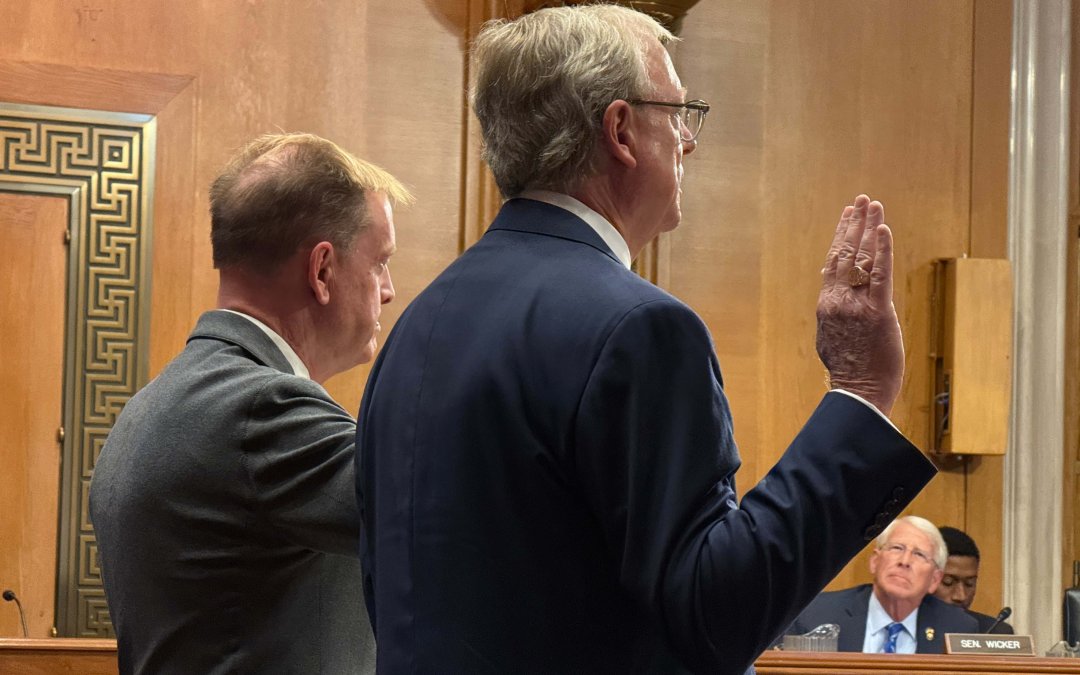WASHINGTON – Nominees to the Board of Directors of the largest public power system in the country clashed with lawmakers Wednesday over commitments to honor decarbonization goals.
The nominees to the Tennessee Valley Authority (TVA), hailing from backgrounds in business, public infrastructure and utilities, said they must utilize all available energy resources when evaluating rising energy demands before committing to net-zero carbon goals by 2050.
They said their goal is to continue to drive energy innovation while keeping electricity affordable and reliable to customers, which would require tapping into the existing blended grid combining traditional fossil fuel and renewable energy.
“I gained a better appreciation of TVA’s balanced generation portfolio and how critical that is in keeping the lights on and the cost low,” board member nominee Mitch Graves said.
The TVA was created during the New Deal to spur economic and infrastructural development in the most impoverished regions of Appalachia. Today, the TVA functions primarily as a public power supplier and utility provider to over nine million people throughout the southeastern United States.
Senator Sheldon Whitehouse (D-R.I.), ranking member of the Environmental and Public Works Committee, said nominees will have to contend with customers if the TVA changes its energy portfolio and drives up costs.
“If you suppress wind and solar polar . . . you are virtually inevitably raising costs for your TVA rate payers at the end of the day,” Whitehouse said.
While nominees agreed to consider renewable energy, they seemed less committed to phasing out the Kingston and Cumberland Fossil Plants, both owned by the TVA, in Tennessee.
“It’s a little bit more complicated,” Graves said. “We have to use all of our energy sources right now to meet the demand.”
Nominees also sparred with senators over how to expand the electrical grid to account for the influx of new data centers and their high power demands.
At one point, Senator Mark Kelly (D-Ariz.) asked nominees how they planned to address “unprecedented” power demand from data centers while protecting customers from potential rate hikes.
The nominees agreed that consumers should not absorb the additional costs. Randall Jones, a nominee who previously served on the Guntersville Electric Board in Alabama, added that he would consider using bonds to offset costs on consumers.
“We cannot put it on the backs of the grandmother in Asbury, Alabama,” he said.
Most nominees said they would consider a separate, higher rate class for data centers if they are confirmed onto the board.
Jones said he wants data centers to operate with a degree of self-sufficiency, but did not directly say if he would consider a separate rate class.
“I hope that the data centers pay for their own power that they have provided themselves,” he said.
Nominees said they would consider the concerns raised by committee members ahead of their Senate confirmation vote, but could not provide guarantees.
“Still being a nominee and not having all the facts to say, ‘Yeah, I’ll commit to this right here,’” Jones told the Medill News Service. “We don’t have the information.

